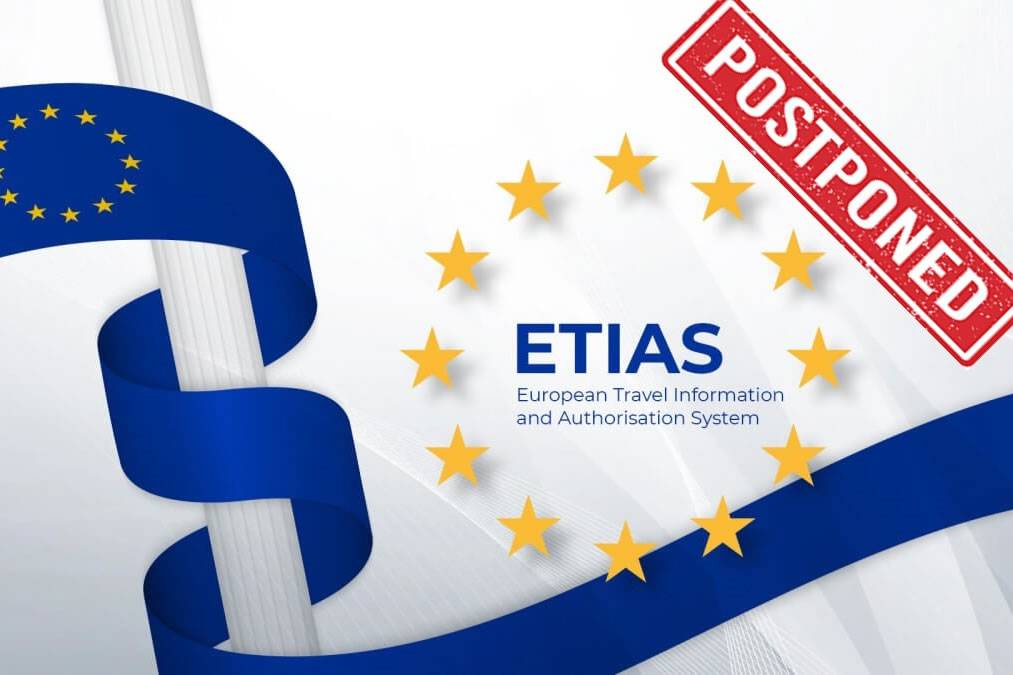Brits won’t need an EU travel authorisation for another year
- 05-10-2023
- National
- Canarian Weekly
- Photo Credit: SchengenVisaInfo.com
The European Union (EU) has announced yet another delay to the launch of its European Travel Information and Authorisation System (ETIAS), as sources confirm that the system will not go live until at least May 2025.
This latest postponement is expected to have a significant impact on British passport holders, who will retain their eligibility to travel to Schengen Area countries without having to apply for an online travel authorization, according to SchengenVisaInfo.com.
The delay in implementing the Entry/Exit System (EES) by third parties has been cited as the primary reason for the postponement. An EU official stated, "We had initially hoped for the EES to become operational at the latest, the beginning of the next year, but it has become evident that this timeline is unattainable. As a result, the implementation of the ETIAS has been rescheduled to May 2025, with the possibility of further postponement as it is impossible for the ETIAS to become operational without the EES."
This decision has also been confirmed by several EU Member States, including France and Switzerland, both of which acknowledge that the ETIAS is not expected to go live until May 2025 at the earliest.
France's interest in delaying the introduction of both the EES and ETIAS stems from the upcoming Paris Olympic Games scheduled for next summer. The French government aims to prevent queues and chaos at border crossings from the UK, as well as at international airports, anticipating a substantial influx of third-country nationals attending the event.
Explore France, the French Tourist Information Centre, estimates that approximately one million tourists, including 10,500 athletes, 4,400 para-athletes, and 206 foreign delegations, will visit France during the Olympics.
France's concerns about border queues with the UK due to the EES predate the Olympic planning. The Cour des Comptes, a French public finance watchdog, had previously predicted that waiting times at the UK-France border could double due to the EES.
In contrast, British authorities have expressed ongoing dissatisfaction with their inclusion in the EU's ETIAS system following the UK's departure from the EU at then of 2020. However, the UK itself is actively developing a similar scheme known as the UK Electronic Travel Authorisation (ETA).
The ETA is set to become effective in October for Qatari nationals, with plans to include more nationals from visa-free countries next year. This implies that EU nationals may also soon be subject to similar requirements.
As the ETIAS launch is pushed further into the future, it remains to be seen how these delays will impact travel plans and border controls for all parties involved.
Other articles that may interest you...
Trending
Most Read Articles
Featured Videos
TributoFest: Michael Buble promo 14.02.2026
- 30-01-2026
TEAs 2025 Highlights
- 17-11-2025



























































